About QAAPT
QAAPT, which stands for Quick Analysis of Antimicrobial Patterns and Trends, is a free, web-based tool for visualizing antimicrobial resistance data. Developed by the Capturing Data on Antimicrobial Patterns and Trends in Use in Region of Asia (CAPTURA) project which has been funded by the UK Government Fleming Fund Regional Grant. QAAPT is designed for use by decision-makers, including healthcare professionals, national AMR coordinators, microbiologists, technologists, and practitioners involved in AMR surveillance or microbiology laboratory work. It seamlessly integrates with WHONET software, allowing for the direct importation of WHONET SQLITE and CSV files. Moreover, QAAPT's 'qLoad' data conversion module enables the conversion of ANY LIS datasets, while its web application programming interface (API) and interoperability facilitates integration with live surveillance dashboards or health/laboratory information systems.
With a robust data visualization dashboard, QAAPT offers features to visualize clinical demographic distributions of specimens and microorganisms, generate trends and patterns over time, and produce antibiograms with various data export options. It includes multiple filters applicable across all reports, such as sex, age group, specimen type, record dates, culture results, AST methods, microorganisms, and antibiotics. The GLASS indicator allows for the generation of reports for different infectious syndromes, including bloodstream, gastrointestinal, gonorrhea, and urinary tract infections. Each report includes predefined interpretations in text format, aiding in quick understanding of results.
QAAPT is compatible with cloud servers like DigitalOcean or AWS and incorporates a role-based permission system, allowing specific roles to be assigned to users for controlled access to modules. Integration of a live chatbot enables QAAPT's technical team to promptly address any system issues, while user guidelines assist countries and facilities in navigating the tool effectively with appropriate datasets.
Global Users of the QAAPT Website from July 2024
Let's Check Our Photo Gallery
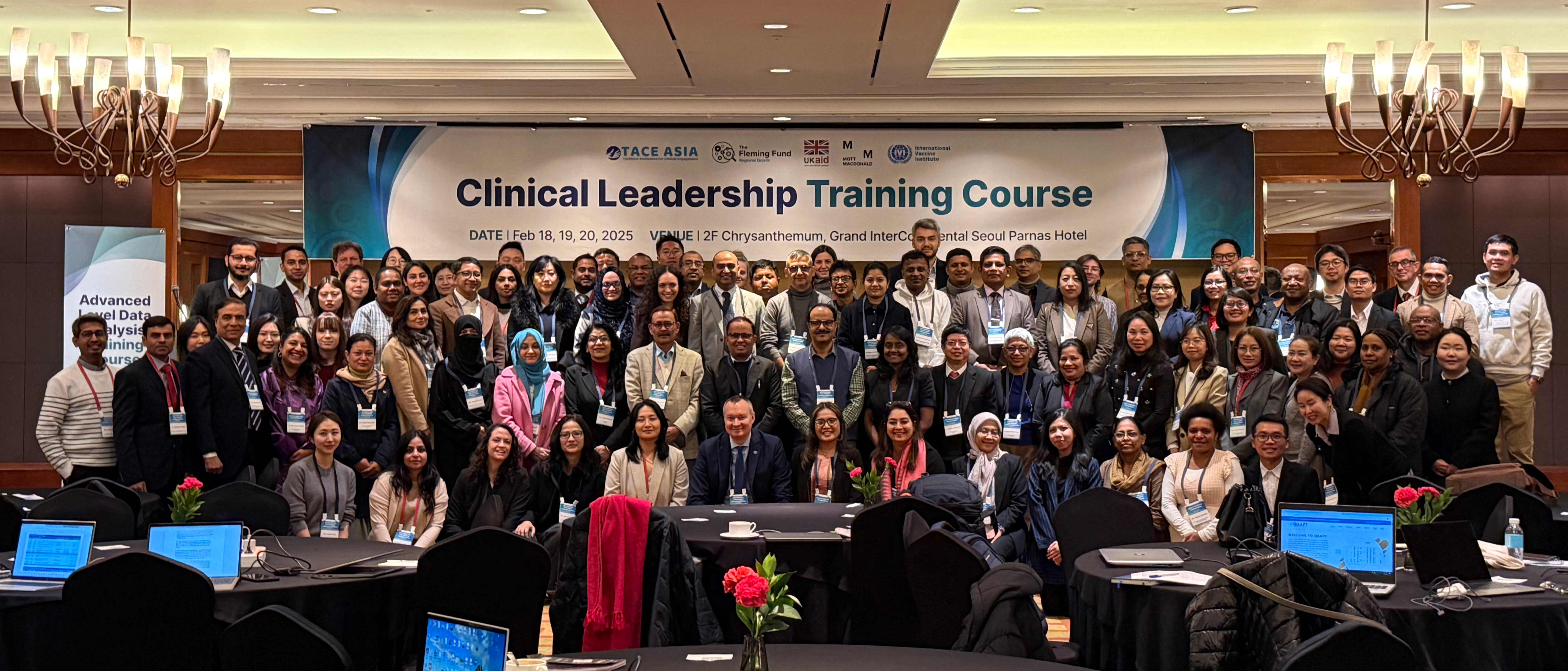
Advanced AMR Data Management and Analysis Training in Seoul, February 2025 ✅
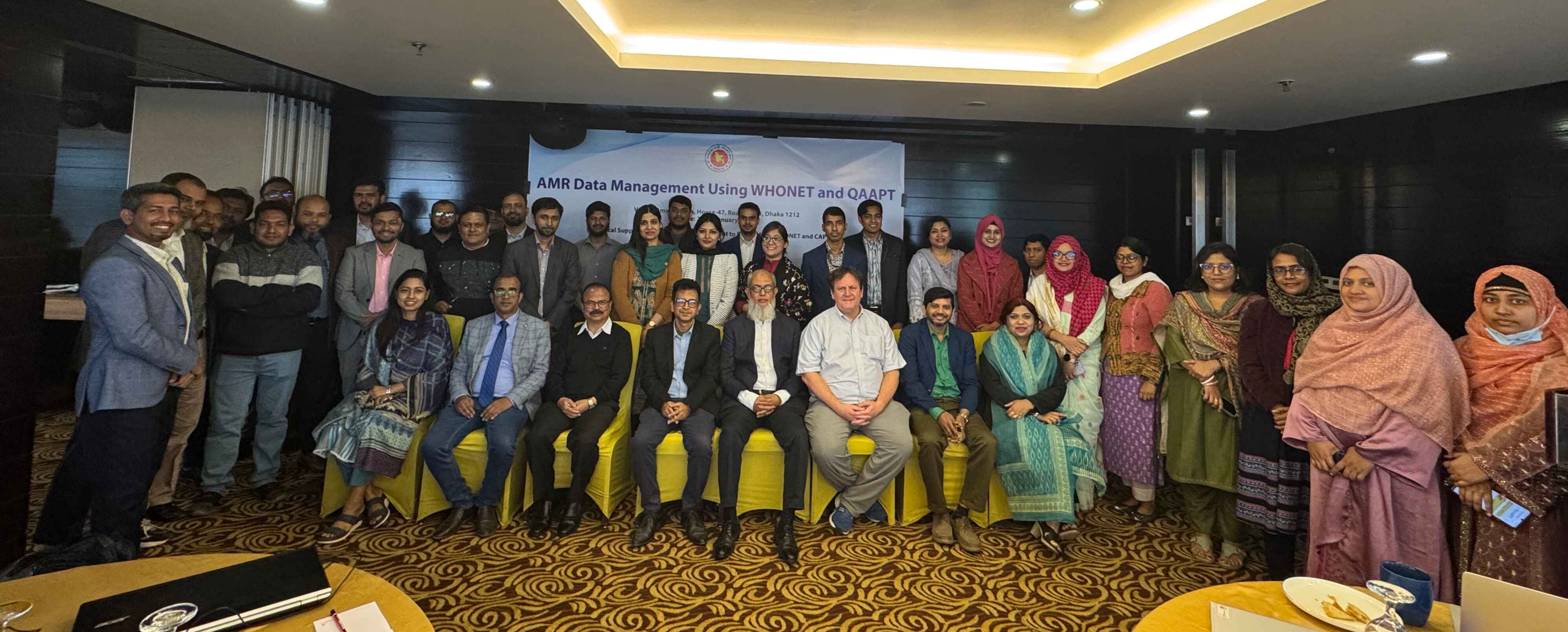
Human Health - AMR Data Management and Analysis Using WHONET and QAAPT in Bangladesh, 2025
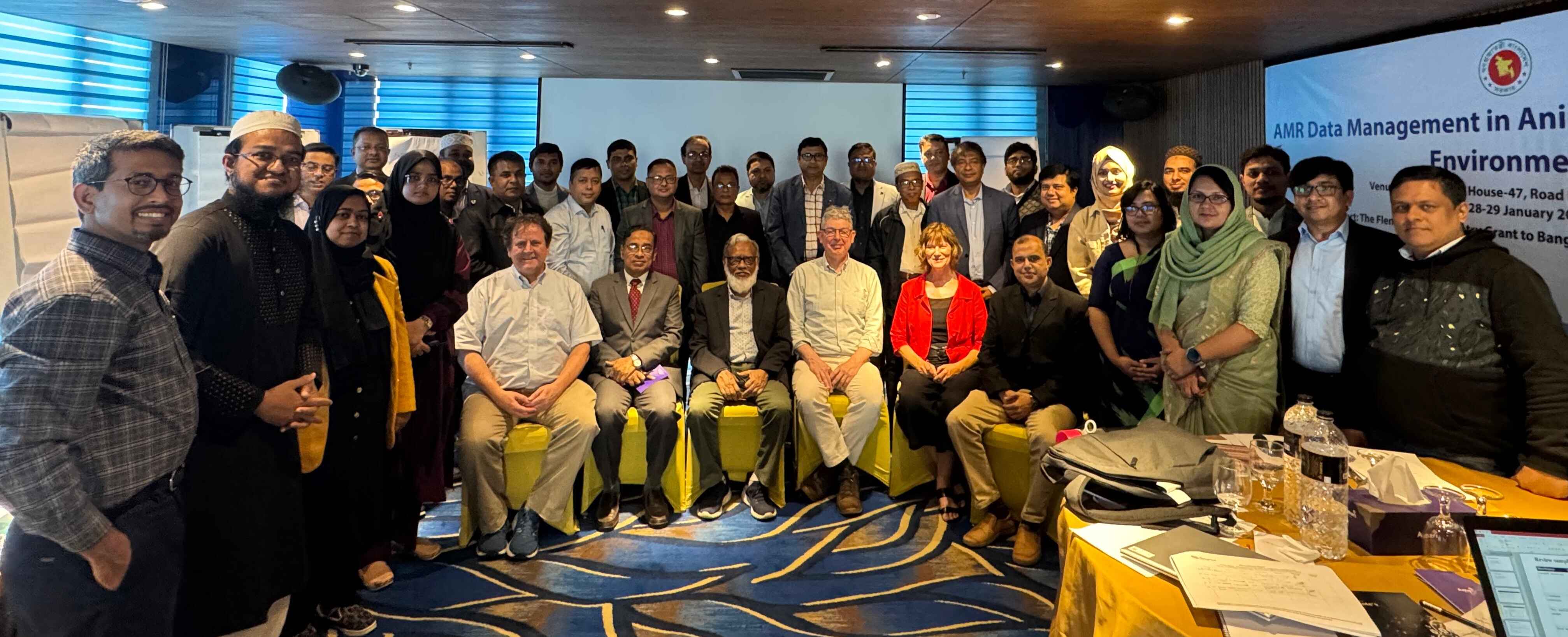
Animal Health - AMR Data Management and Analysis Using WHONET and QAAPT in Bangladesh, 2025
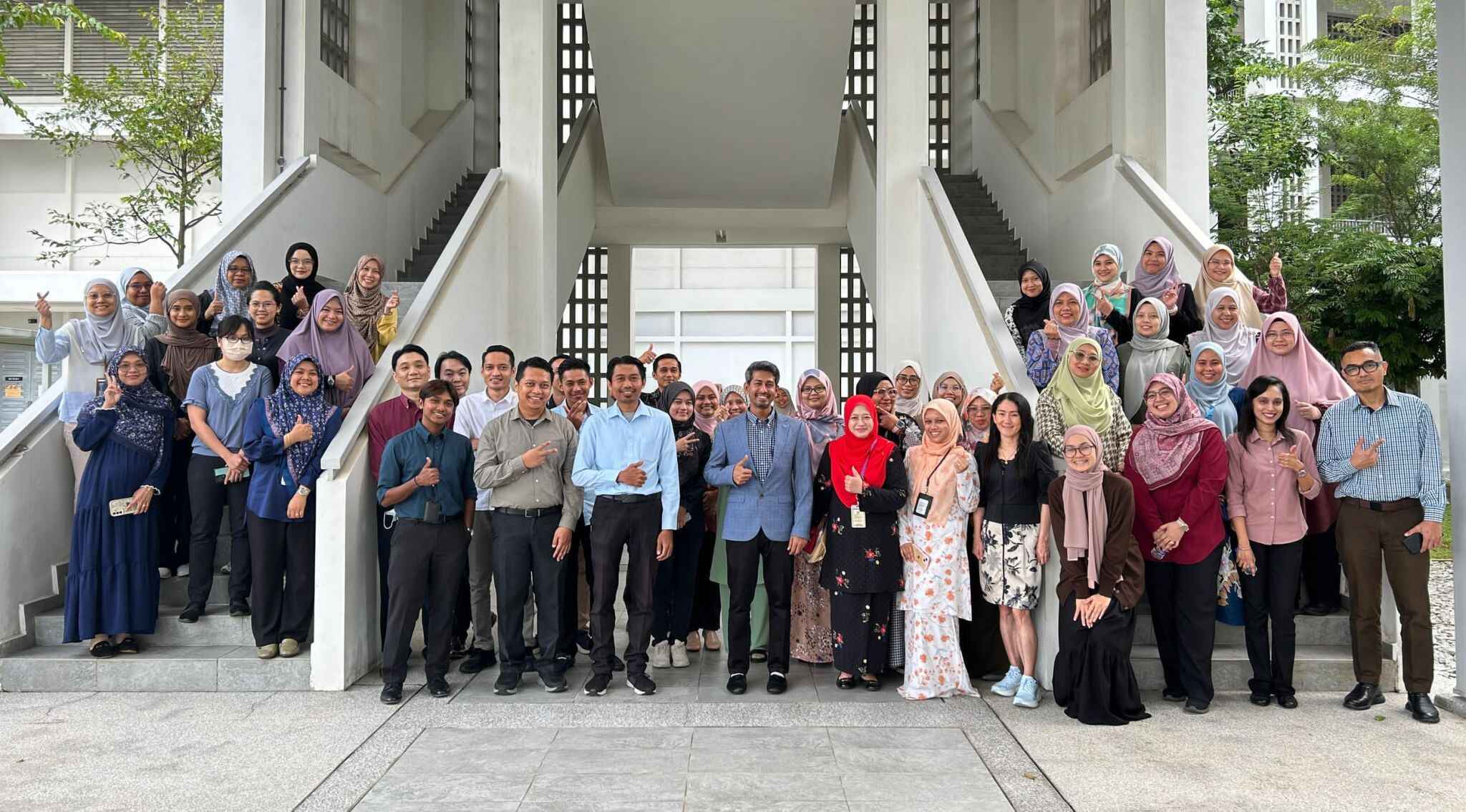
WHONET and QAAPT Training in Malaysia, 2024.
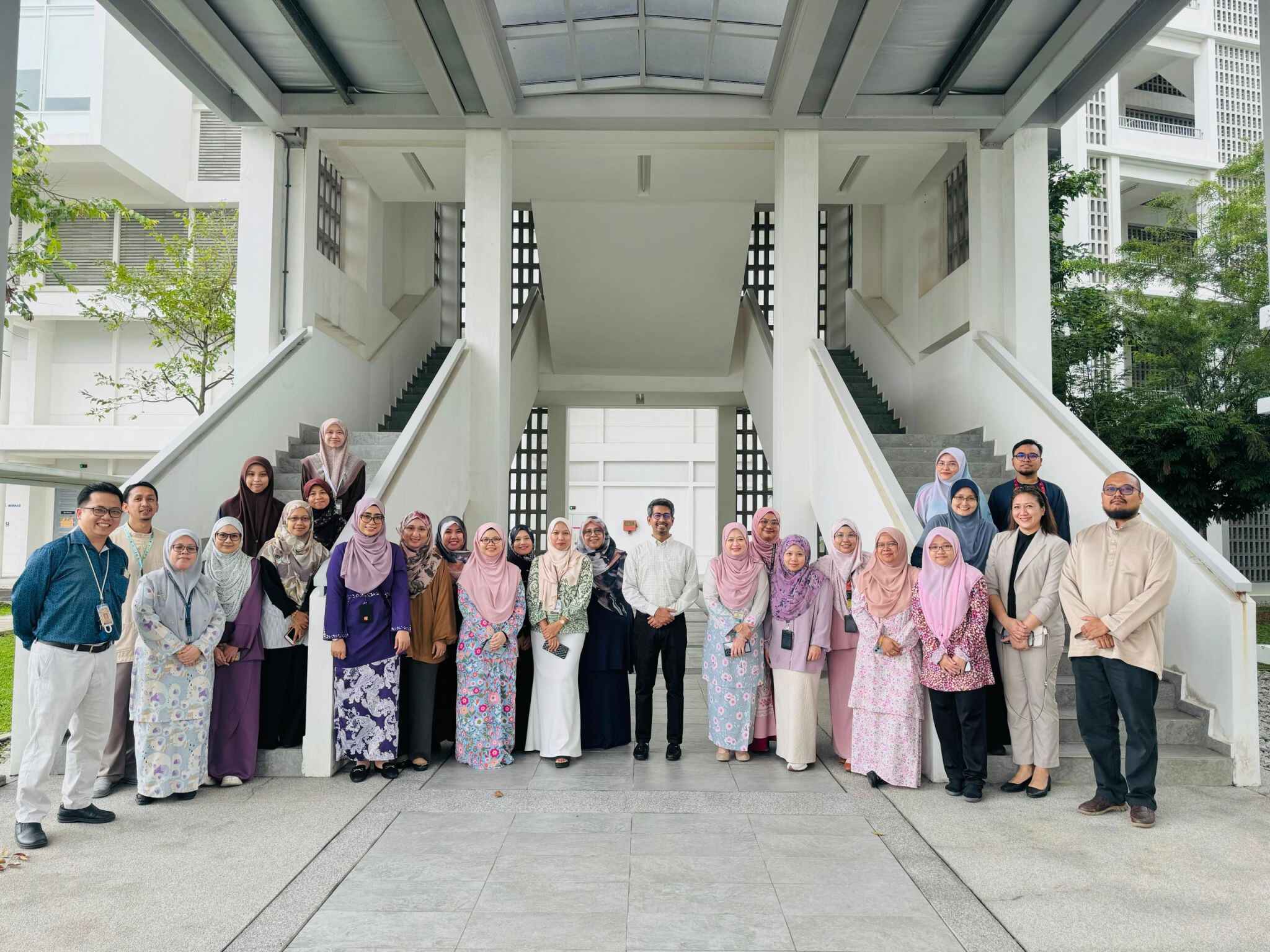
WHONET and QAAPT Training in Malaysia, 2024.
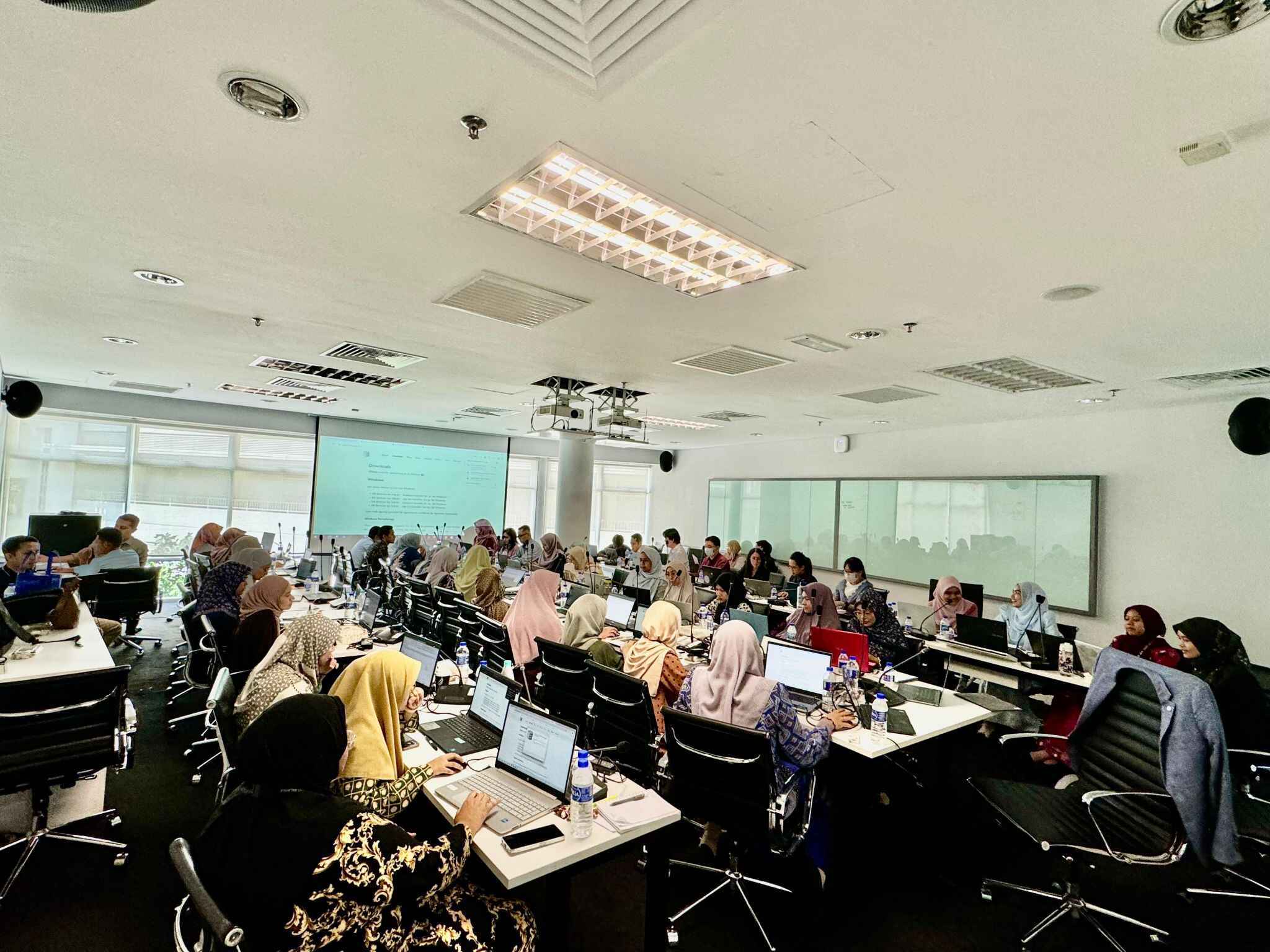
WHONET and QAAPT Training in Malaysia, 2024.
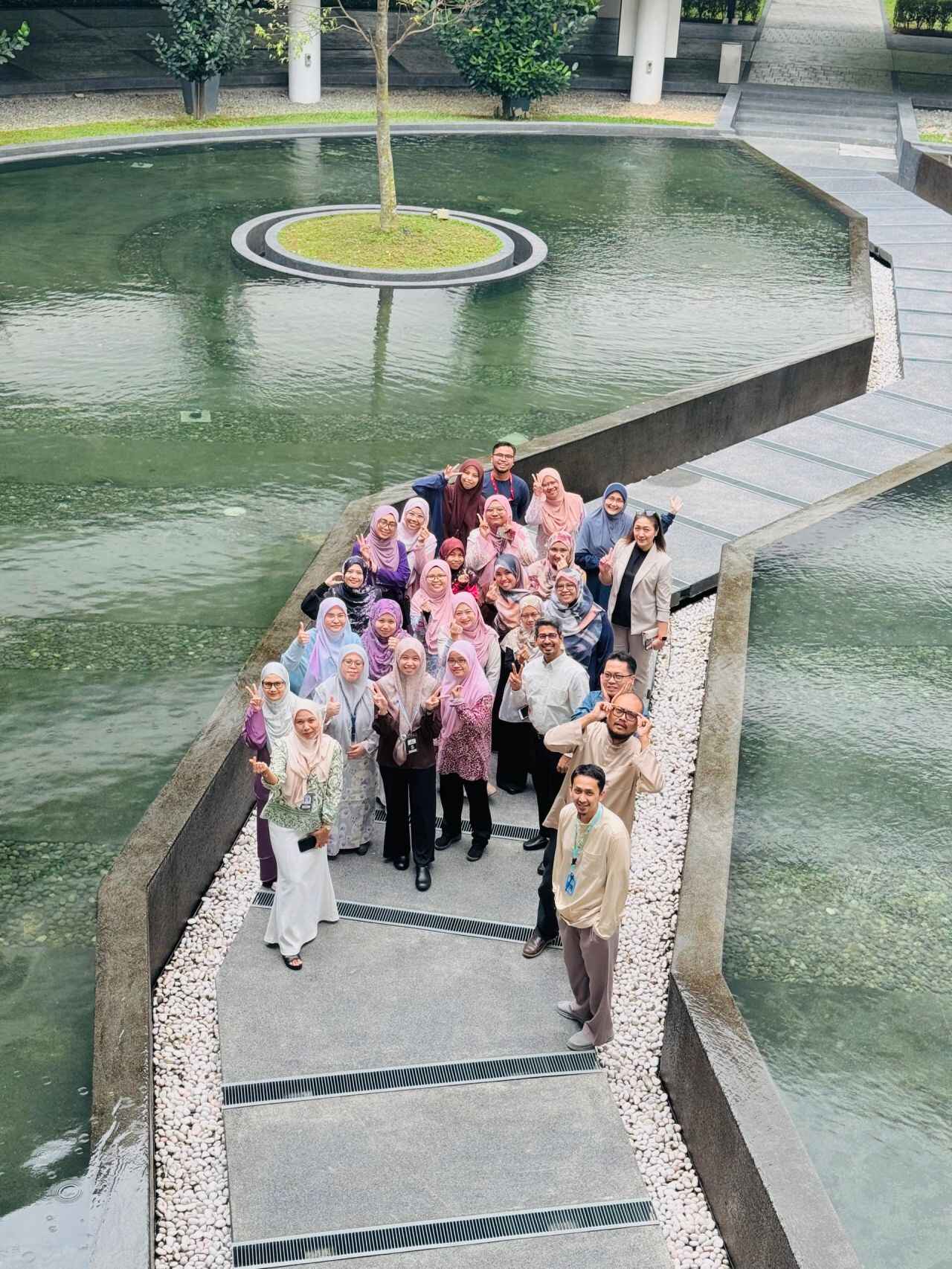
WHONET and QAAPT Training in Malaysia, 2024.
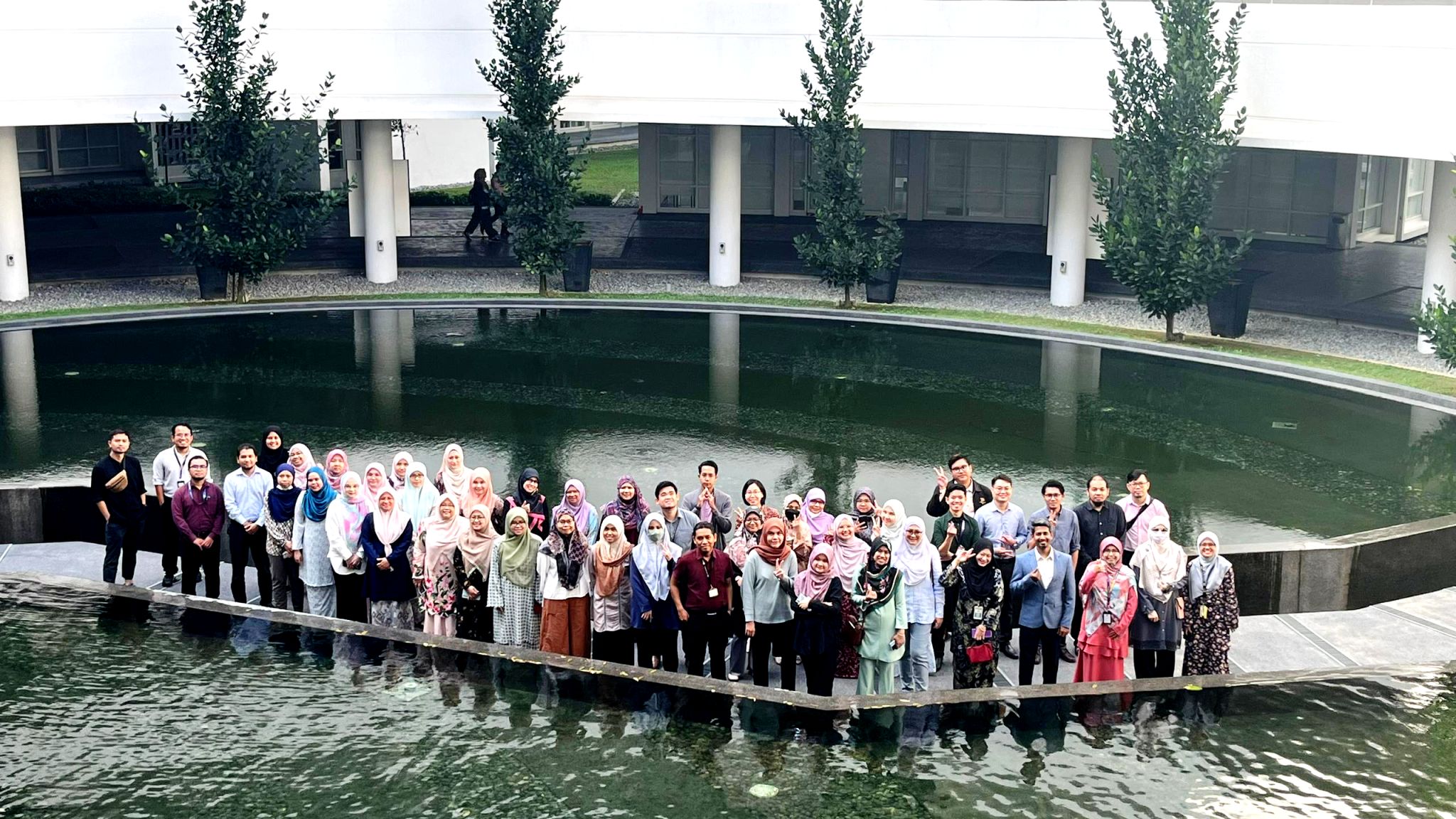
WHONET and QAAPT Training in Malaysia, 2023.
